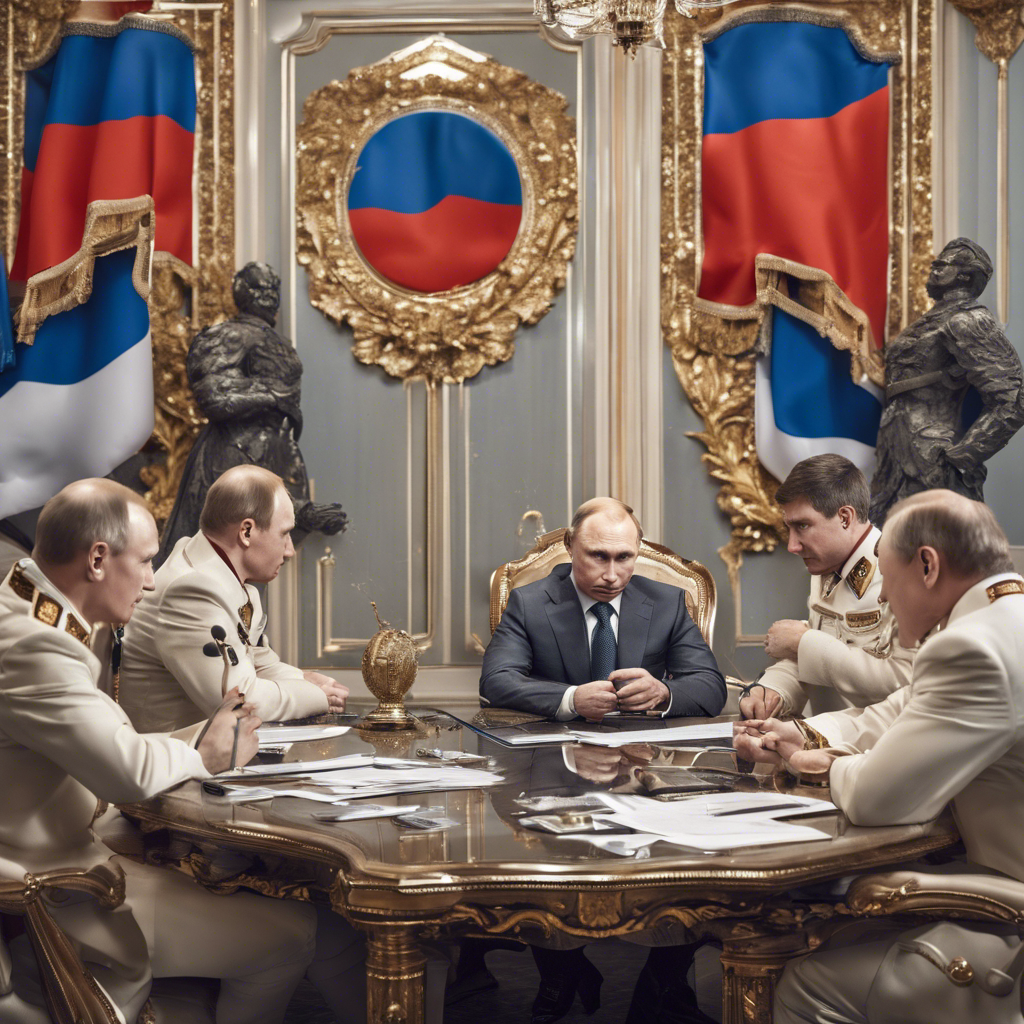President Putin’s ambitious plans to bolster Russia’s AI industry face significant challenges and limitations
President Vladimir Putin’s recent address at the Artificial Intelligence Journey Conference in Moscow painted a rosy picture of Russia’s role in the AI revolution. However, the reality of Russia’s AI development is far from Putin’s optimistic portrayal. Hindered by a combination of internal policies and external factors, Russia finds itself lagging behind in the global AI race. This article examines the challenges facing Russia’s AI industry and analyzes President Putin’s four-point plan to address these deficiencies.
The Consequences of Ukraine and International Isolation
The invasion of Ukraine and subsequent international sanctions have severely impacted Russia’s AI ambitions. The exodus of tech talent, budget constraints, and limited access to crucial computing resources have hindered Russia’s progress in the field. Putin’s acknowledgment of these challenges reflects a recognition of the country’s dire position.
Putin’s Four-Point Plan
President Putin outlined a four-point plan to address the deficiencies in Russia’s AI industry. The plan includes expanding access to supercomputers, increasing their capacity, expanding AI classes at universities, and allocating more state funding towards AI research. While each point is necessary, they alone are insufficient to bridge the gap.
Financial Investment Gap
Russia’s massive budget deficit limits its ability to compete with other countries in terms of financial investment in AI. While the Kremlin allocated 5.2 billion rubles ($57,247,000) to AI research in 2024, the United States government allocated fifty times more in 2022. This investment gap hampers Russia’s domestic availability of AI know-how and computing capacity.
Security Implications and AI Ethics
Putin’s speech subtly addressed the security implications of Russia’s AI shortcomings. He highlighted the Western-centric nature of modern Large Language Models (LLMs) and expressed concerns about their alignment with Western ethics and norms. Putin suggested that Russia would use its upcoming presidency of BRICS to investigate these issues and potentially advocate for an AI ethics framework that reinforces authoritarian rule.
China’s Dominance and Potential Partnership
As Russia struggles to catch up, China emerges as a dominant force in AI development. Chinese labs in Beijing and Hangzhou are shaping the future of AI, leaving Moscow behind. Russia may seek a partnership with China to import and train on foundational models that align with their authoritarian regime. Approximately 40% of all LLMs come from China, achieved despite a more restrictive censorship regime.
Conclusion:
Despite President Putin’s optimistic rhetoric, Russia’s AI industry faces significant challenges that hinder its progress. The country’s limited financial resources, brain drain, and international isolation have placed it at a disadvantage. While Putin’s four-point plan is a step in the right direction, it alone cannot bridge the gap. Russia’s future in AI may depend on its ability to forge partnerships with countries like China, aligning their interests in an AI ethics framework that reinforces authoritarian rule. As the world enters a new chapter of AI-driven progress, Russia finds itself struggling to keep pace.











